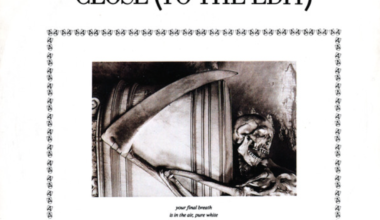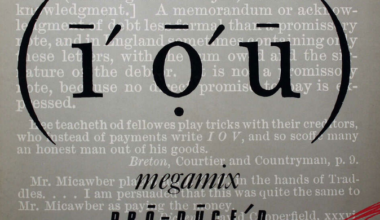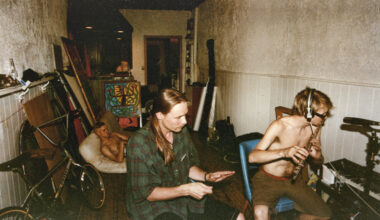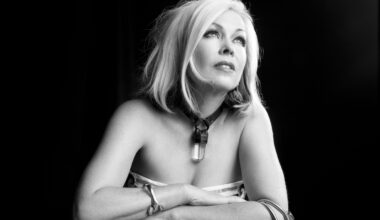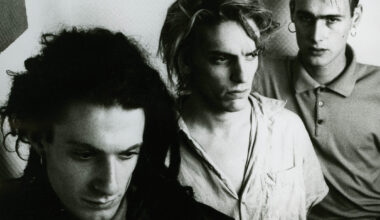Stephen “Tin Tin” Duffy on the evolution of his ‘Kiss Me’ single – written in 1979, first released in 1982, and finally a hit in 1985
Want to read more?
Sign up to Electronic Sound Premium to gain access to every post, video, special offers, and more. 100%, all you can eat, no commitment, cancel any time.
Already a premium member? Log in here

